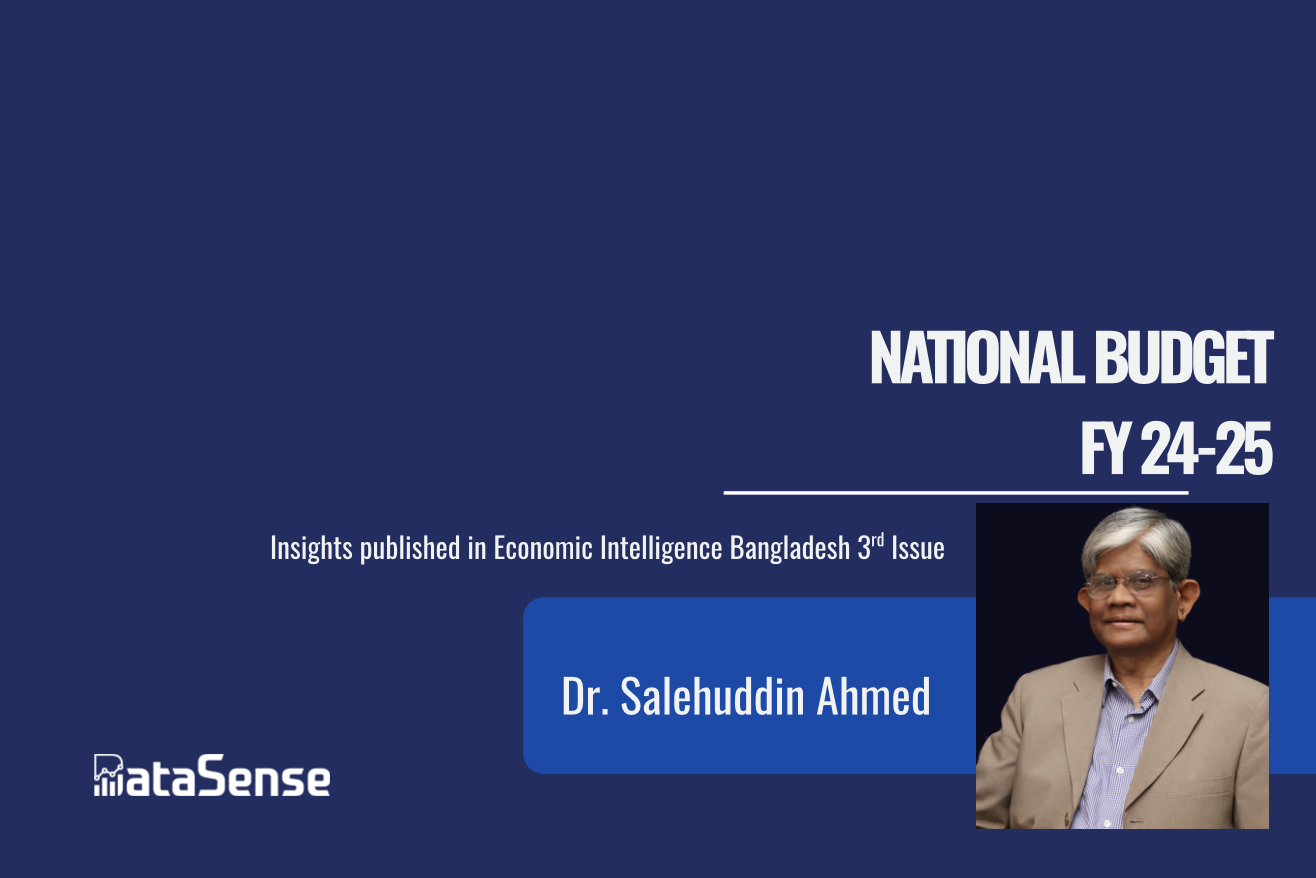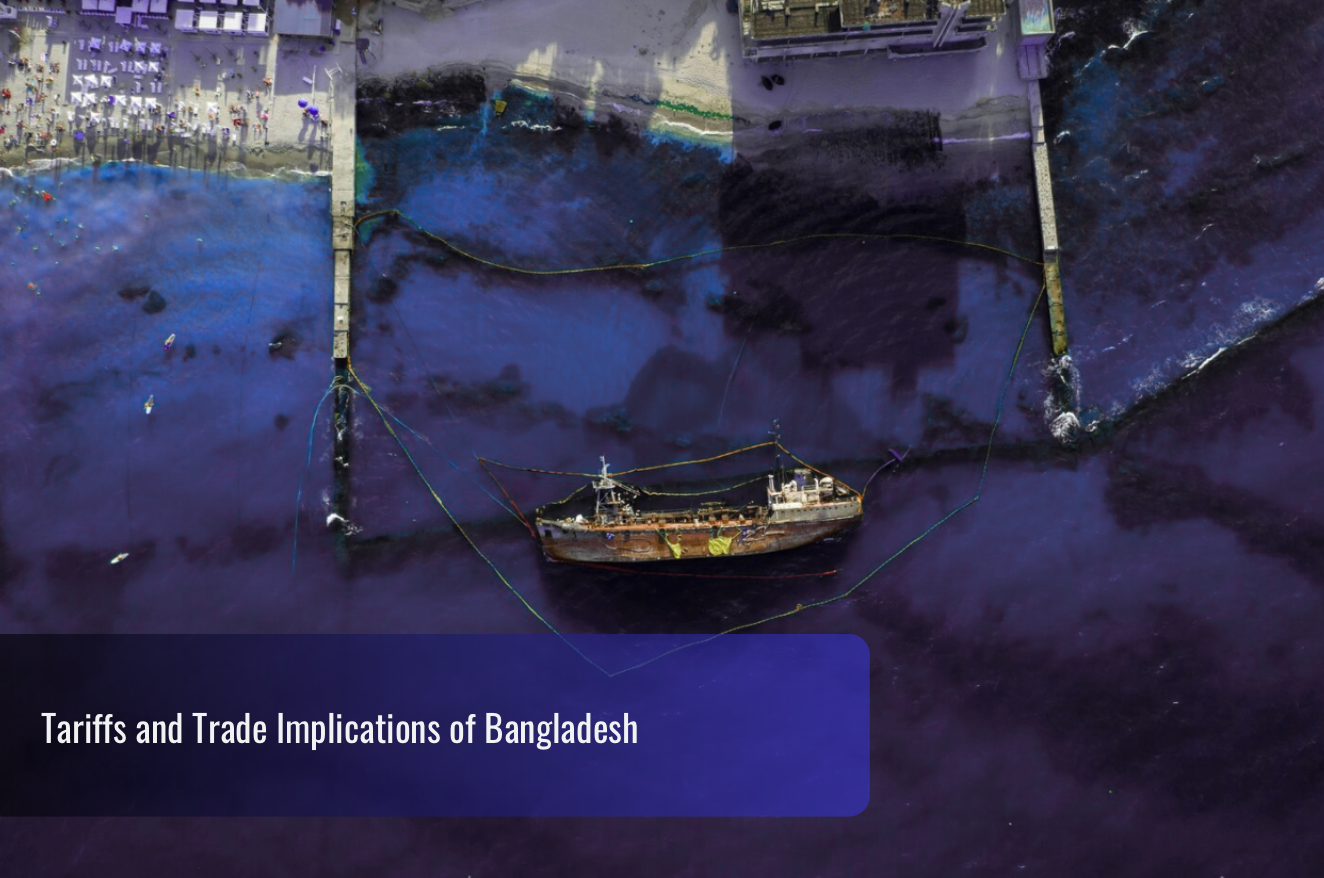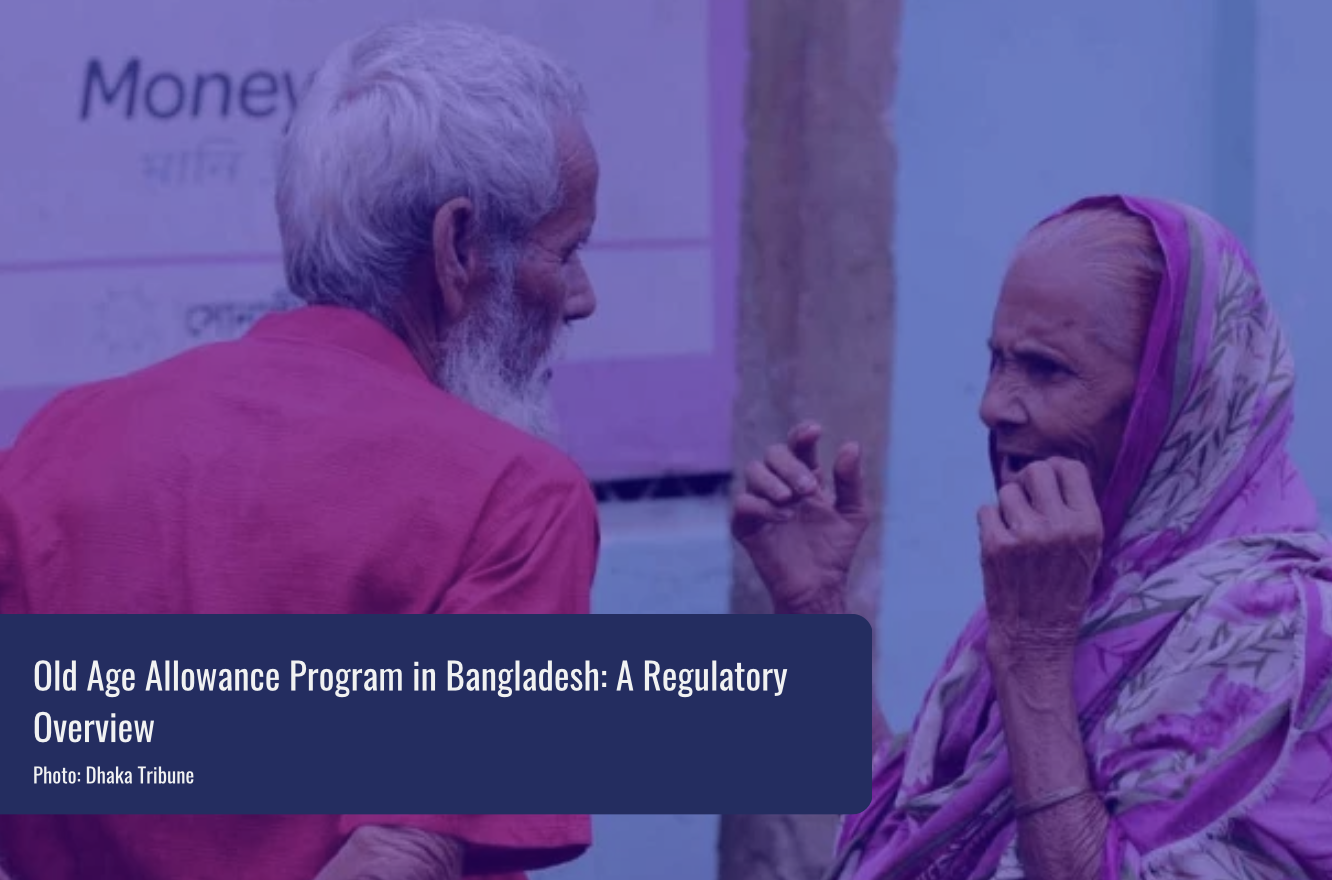DataSense interviewed a leading economist, Dr. Salehuddin Ahmed, currently Finance Adviser to the interim government of Bangladesh, to identify the core challenges confronting the Bangladesh National Budget for Fiscal Year (FY) 2024-25. The discussion focused on restoring the economy’s foundational strengths, moving beyond a “growth-only” strategy, and preparing for a critical transition in global trade.
Challenge 1: Restoring Comprehensive Macroeconomic Stability
The instability in recent years—marked by high inflation, low foreign exchange reserves, and volatile exchange rates—must be the top priority. This instability is compounded by systemic issues in the financial and energy sectors.
| Area of Concern | Impact & Proposed Remedy |
|---|---|
| Inflationary Pressure | Affects common people and SMEs. Policy must shift from merely contractionary (demand-focused) measures to supply-oriented policy that ensures the provision of goods and services, alongside rigorous market monitoring to prevent syndication. |
| Financial Sector Health | The banking sector’s poor performance, exacerbated by default loans, is undermining business confidence. Comprehensive bank reforms are needed to enforce policies against defaulters and ensure credit access for SMEs, not just large industries. |
| Energy & Power | Dependency on imported energy and an ad-hoc approach, rather than a clear long-term energy policy, creates significant risk and uncertainty for industries. |
| Investment vs. Interest Rates | While market-oriented interest rates are needed for stability, they risk negatively impacting private investment. The solution lies in improving the overall cost of doing business to offset higher credit costs. |
Challenge 2: Enhancing Governance and Institutional Efficacy
Weak governance and a lack of institutional efficiency undermine economic potential, causing significant wastage, leakage, and corruption that make the economy non-competitive.
- Zero Tolerance: A system of zero tolerance must be enforced against malpractices, corruption, and money laundering, particularly in areas like procurement overpricing and resource wastage.
- Institutional Independence: Key financial and anti-corruption institutions (Central Bank, ACC, BFIU) must be granted the independence to carry out their mandated tasks without political pressure.
- Decentralization: Improving the state of governance requires the decentralization and devolution of power to enhance accountability and transparency, moving service delivery away from Dhaka.
Challenge 3: Low Domestic Resource Mobilization (DRM)
Bangladesh’s extremely low Revenue-to-GDP ratio necessitates that nearly all annual development projects are debt-financed, leading to rising debt-servicing obligations (currently consuming about 20% of the revenue budget).
- Tax Structure Reform: Mobilization efforts must prioritize increasing the share of direct income tax over indirect taxes like VAT (which affects rich and poor alike).
- Digitalization: Investing heavily in the NBR’s digitalization efforts (e-submission, automatic VAT) is crucial for reducing leakage and enhancing revenue collection.
- Expand Tax Net: Focus must shift to broadening the tax net to include previously untapped potential sectors, such as the digital economy.
Beyond Economic Growth: Addressing Social & Industrial Equity
The current “growth-only” strategy risks pushing Bangladesh into a middle-income trap, marked by rising income and wealth inequality.
- Social Sector Allocation: Budgetary focus must shift from excessive spending on mega-projects to adequately funding essential services like education and health. Quality gaps in education lead to unemployment and migration, while inadequate health facilities in rural areas force poor citizens into high out-of-pocket expenses in private institutions.
- Industrial Diversity: The government must adopt a wide industrial view. While large industries are important, SMEs and the informal sector are crucial for employment generation and must be supported and formalized.
- Export Diversification: Export incentives must be extended beyond the RMG sector to promising industries like Plastic, Leather, Ceramic, and Jute to enhance overall export competitiveness and utilize Export Development Fund (EDF) and subsidized credit efficiently (e.g., Vietnam’s model).
Strategic Shift in International Trade
With LDC Graduation in 2026 approaching, Bangladesh must transform its economy from one based on preferential market access to one driven by skills and market demand.
- Productivity and Labour: Competitive advantage requires improving labour productivity (currently among the lowest) and ensuring better working conditions and management capacity at the enterprise level.
- Global Compliance: Compliance must be strengthened across all levels (enterprise and national) with international standards on gender rights, labour rights, and environmental protection.
- Market Strategy: Aggressively pursuing Free Trade Agreements (FTAs) and strengthening sub-regional cooperation are essential to tap into the growing Asian market.
This content was originally published in Economic Intelligence Bangladesh’s 3rd Issue.





